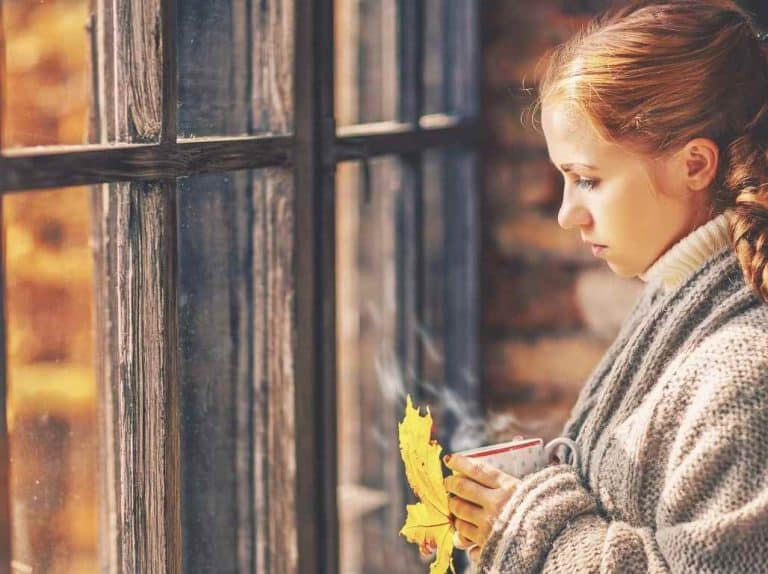Depression Is Part Of Addiction And Can Also Be The Cause
Depression is something most people will feel at some time in their lives. What do you do to cope with sadness and despair? if you’re depressed, you will look for relief anywhere you can find it. Millions people everywhere are depressed for good reason right now. The world feels unstable and mean. Natural disasters have increased. Relationships and finances are threatened. Some people may turn to substance abuse to cope with the symptoms of their despair. However, using alcohol or medicines to treat depressed symptoms can make someone more likely to become addicted. Addiction and depression co-exist that’s why getting treatment is essential for both illnesses. Check out depression treatment center California.
Why Depression Is A Root Cause
People who are struggling with drug or alcohol addiction are frequently depressed. Abuse of drugs or alcohol can cause or exacerbate depressive symptoms like loneliness, despair, and hopelessness. While most people go through ups and downs in life, severe depression can endure for weeks, months, or even years. It affects all aspect of your life, including your capacity to work and lead a healthy life. Sometimes using drugs and alcohol can seem like a simple fix for those who are depressed and believe there is no end in sight. Drugs might make you feel happier in the short term and temporarily appear to relieve emotional suffering. As your body becomes more dependent on the effects of drugs and alcohol you take more and more of them. Addiction is when you can’t stop using even when drugs and alcohol are now the cause of depression because your life has gotten worse instead of better. Substance usage over time worsens depressive symptoms as well as creating long-term health issues like brain damage.
What Part Does Isolation Play In The Addiction/Depression Dynamic
Connection with other people is the key to being emotionally healthy. Regularly abusing drugs and alcohol will eventually ruin your employment or academic performance, not to mention impacting your relationships. When you’re isolating or alone, it’s harder to receive support, compassion, and affection. Emotional support can be quite helpful in managing and coping with mental health issues. This may contribute to explaining why loneliness raises the risk of acquiring depression in the first place. You might initially have a positive relationship with alcohol and other drugs when you suffer from depression. However, since substance use disorders and depression reinforce one other, substance use and alcohol are never the answer.
Signs That Substance Use Is A Problem
You become even more worn out and pessimistic about life as the effects of the drugs or alcohol wear off. Drug sick is the term for coming down after a high.
Drinking and using is always on your mind. You think a lot about when you’ll get another chance to consume alcohol or take drugs.
Awareness that your drug usage has hurt your relationships and work, doesn’t stop you from using. You find it difficult to care or give up the drug.
To maintain a constant level of energy and mood, you need more and more of the drug.
A Mental Health Problem Connects Substance Abuse and Depression
A mental health problem is present in around half of those who experience SUD (Substance Use Disorder), according to research. Co-occurring conditions could consist of:
Diseases of sadness, anxiety, and personality disorders Disordered hyperactivity and attention deficit Bipolar illness and Schizophrenia
Although mental health issues and substance abuse regularly coexist, one does not always lead to the other.
Self Medication Doesn’t Eliminate The Problem
It’s true that alcohol and drugs may momentarily hide or lessen your symptoms. However, they are unable to entirely eliminate those symptoms or heal the underlying problem. In other words, your depression symptoms will usually return. Addiction is a progressive disease of brain reward so with self medicating, you’ll find that you need to use more of the substance to have the same effects. Over time, you will develop a dependence on the drug, meaning you require it for your body to function normally. Addiction risk is increased by dependence. People without access to mental health services frequently self-medicate. If you have untreated depression, you may find yourself doing everything it takes to alleviate your symptoms. Depression can influence substance use, while substance use disorders can influence depression. Depression is more likely to be exacerbated by more severe substance use problems.
Final thoughts About Depression
You might be surprised to learn that people with depression have a higher risk of developing substance use problems than those without the illness. Drug or alcohol use patterns that are part of substance use disorders might start to affect your ability to operate normally, your health, and your quality of life.Substance use disorders, in other words, go beyond casual drug or alcohol use. If you struggle with depression, you might turn to alcohol and other drugs to lessen or better control your symptoms. Self-medication is a common term for this. Dual diagnosis refers to the mix of substance use disorders and mental health issues, which occurs so frequently. Among those with a dual diagnosis, major depression is the mental health disorder that is most frequently identified.
More Articles To Read About Health
Learn To Recognize The Effects of Depression in Your Body
Why Fatigue Is a Common Symptom of Mental Illness
Men’s Mental Health Struggles: Talk About It
Autism Affects Mental And Emotional Health
Back Pain Relief: What’s Better Heat Or Cold
It’s Time To Nurture Your Emotional Health
Stress Relievers That Are Easy And Work
Life Is Back! Don’t Forget Self Care





















